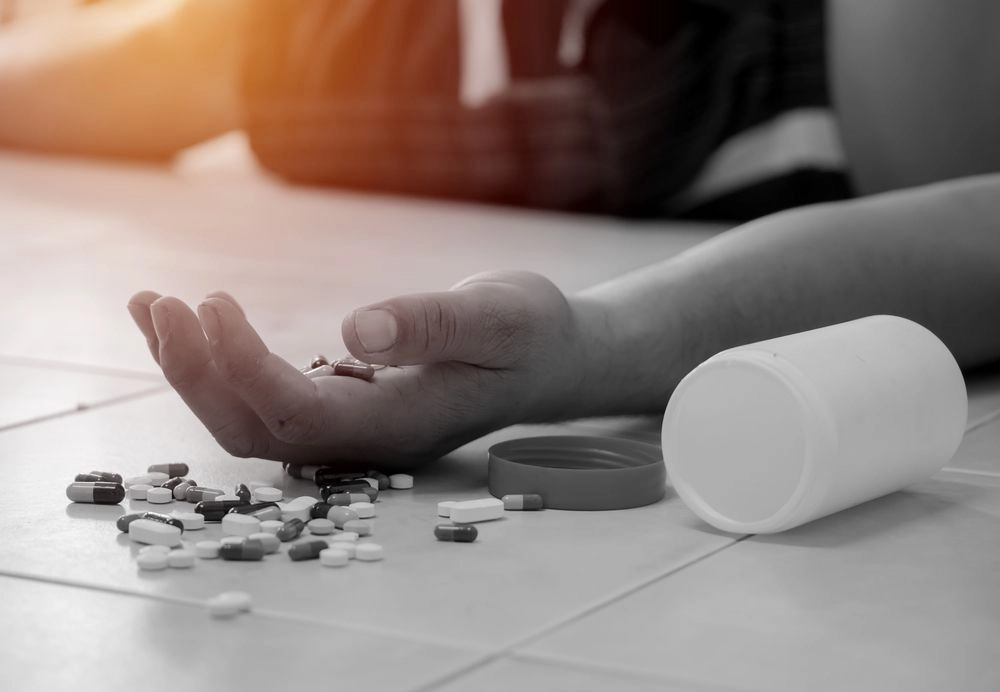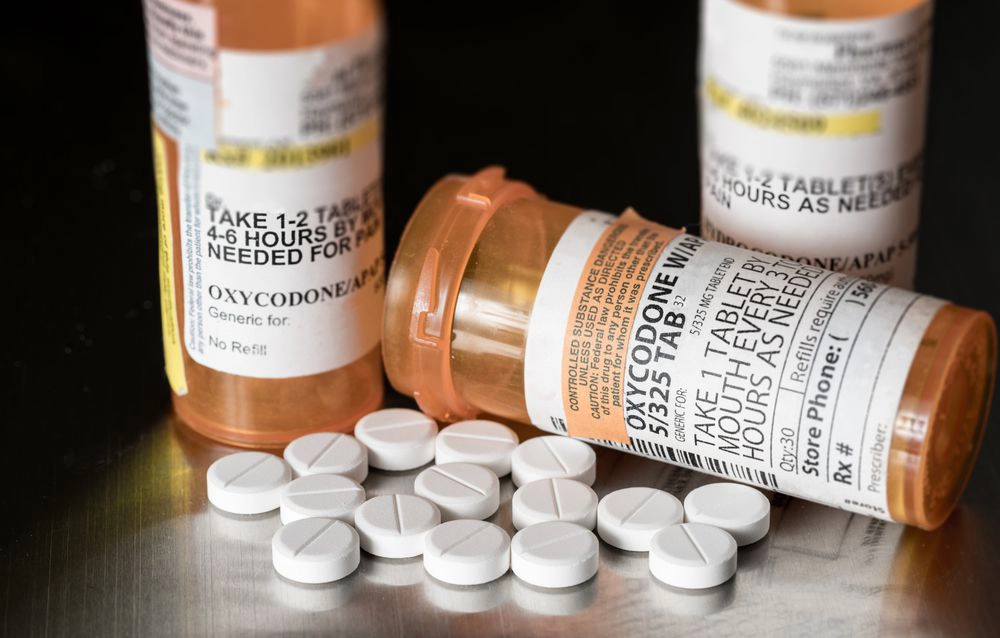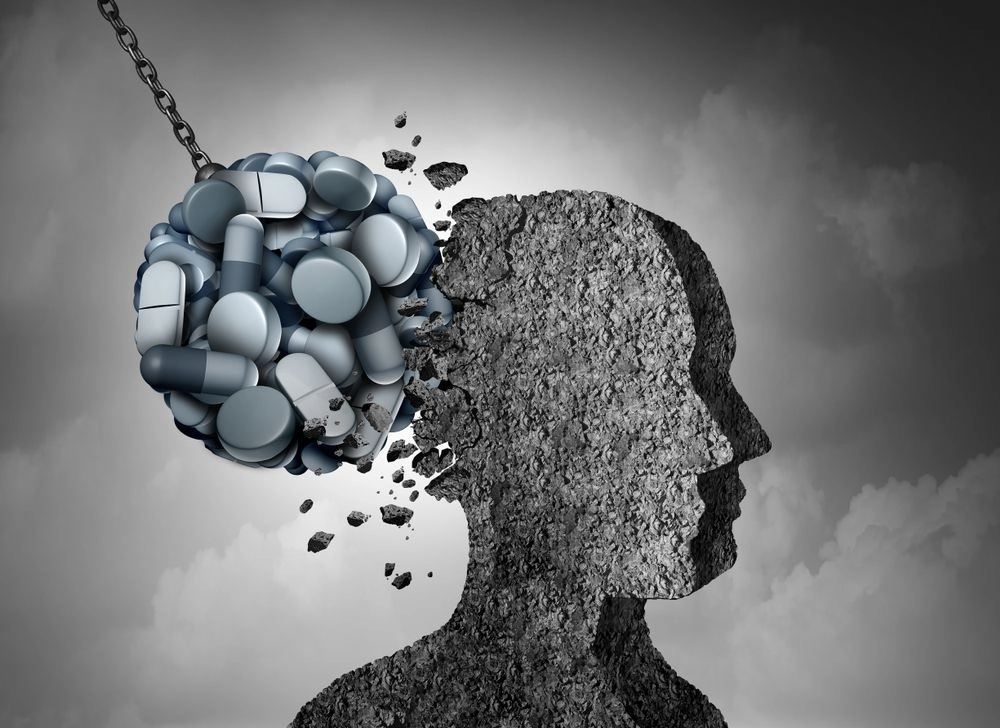Opioids are drugs that relieve patients of chronic pains. They are similar to morphine in terms of potency. Like other drugs, it’s not unusual to find many people who abuse it. Sadly, there are several myths about opioid addiction that keep addicts from seeking help.
Every day, 91 people die as a result of an opioid overdose. You see, although opioids relieve pain, abusing them can cause great damage to your health. Quite unfortunately, many people who abuse opioids are young people. Indeed, most opioid addicts are between the ages of 12 to 18.
The number of people who die from opioid overdose has been growing alarmingly every year. This is probably due to the fact that most addicts believe that they are in absolute control of their opioid addiction. So, they don’t seek
help until it’s too late. Other times, opioid addicts think they lack the willpower to stop.
Even with determination, you shouldn’t rely on your strength alone to combat opioid addiction. A good number of people will rather bear discomforts than taking opioids. To them, the fear of being an opioid addict supersedes the pain they are feeling.
Thus, it becomes crucial to separate the facts and myths about opioid addiction. This article discusses some common myths about opioid addiction. So, read further to discover misconceptions about opioids and its use.
7 Myths About Opioid Addiction

Opioids interact with the nervous system to stop the pain. However, taking them in excess can cause your body to become tolerant. When the body develops a tolerance for opioids, it becomes dependent. As a result of this, the person taking the opioid becomes addicted to it.
Also, opioid addiction affects the way the addict thinks and reacts. Therefore, it’s wrong for people to conclude abstinence can control their opioid addiction.
Additionally, some myths about opioid addiction portray opioid addicts as weak. As a result of this, many of them reject treatment. On the contrary, getting opioid addiction treatment is the best way to combat opioid addiction.
Below are some misconceptions about opioid addiction.
Because opioid comes with a prescription, it can’t be harmful
Doctors prescribe opioids for severe pains and only for a period of time. However, you can become an opioid addict with continuous usage. Switch to another pain reliever when the pain reduces to avoid addiction.
Also, to avoid opioid addiction, request that your doctor prescribes the opioids for 3 days. During this period, your body can’t become tolerant to the drugs.
You should only take opioids when there are no more options. It’s completely fine to ask your doctor for alternatives since it borders on your health.
Non-opioids can’t relieve severe pains

It’s important to note that opioids are for only short term use. As a result of this, taking two non-opioids like acetaminophen and ibuprofen is equally effective. Thus, debunking the myth about opioid addiction that non-opioid can’t relieve severe pain.
With the increase in the number of opioid addicts, doctors prescribe opioids only when necessary. Additionally, you should avoid taking any pain reliever until you begin to experience pain.
It is safer to start with non-opioids when you experience pain. If these do not work, you may now consider opioids. This way, you reduce the chances of developing an opioid addiction. Most doctors recommend the combination of acetaminophen and ibuprofen to start.
Related article: How to Help Your Loved One with Opioid Addiction
The fear of addiction outweighs the pain
Many people suffer so much pain as a result of the myths about opioid addiction. They believe that anyone who uses opioids to relieve severe pains is an addict. Therefore, they’d rather endure the pain than to bear the tag of an opioid addict.
It will be very unwise to continue living in pain when there are available treatments. There are non-opioids that are as effective as opioids. However, if taking opioids is the only option, you can seek your doctor’s advice.
Be aware of the risks of using opioids, but don’t suffer pain. With the right knowledge, you can avoid opioid addiction even while using opioids.
I can control my opioid addiction
People often believe this myth about opioid addiction. Once the body becomes dependent on opioids, it’s almost impossible to stop on your own. At this stage, your body cannot do without using the substance.
Opioids interact with the nervous system to stop the pain. Once you take them in excess, your body’s behaviour changes. This is why you develop withdrawal symptoms when you try to stop taking opioids.
Also, get rid of the mentality that opioid addiction is impossible to treat. Addicts tend to hide under this myth just to avoid opioid addiction treatment.
Opioid addiction goes beyond your determination to stop. Your body will continually crave it until you give in to it.
Therefore, the first step to conquering opioid addiction is admitting that you need help.
Talking to your doctor about your addiction helps in ensuring you get treatment. Don’t forego treatment simply because of myths.
Being careful eliminates the risk of opioid addiction
No one can be too careful. For first-timers, a small amount of opioid gives them a high feeling. After a while, their body begins to form a resistance to the opioid. As a result of this, they increase the number of doses they take.
Despite all ‘care’, they slowly but surely become dependent on the drug. Often, they no longer need the drug for pain relief but will still continue its usage. This point signals the onset of an opioid addiction.
Don’t think by being careful you can avoid opioid addiction. The most effective way to avoid addiction is to switch to non-opioids. This works especially for those who need long term pain relief.
You don’t need medication to fight opioid addiction
Another myth about opioid addiction is that you can fight it without medications. As interesting and brave as it sounds, it is wrong. Opioid addicts who try to cure their addiction without medications end up relapsing.
Furthermore, the most effective method of curing opioid addiction is using medications. Buprenorphine and Methadone are two medications effective in treating opioid addiction.
Counselling and abstinence alone can’t fight opioid addiction. The former is more effective with medications and the supervision of an addiction professional.
Opioid addicts are weak and they need to show more willpower to stop
Opioid addicts sometimes exhibit the will to stop their addiction but are unable to stop. This is because their body already depends on the opioid to function. As such, they compulsively continue to use opioids although being aware of the negative impact on their health.
As a result of their body’s dependence on opioids, people term them as being weak. Sadly, their strength or zeal to quit using opioids can’t help them.
At this point, they can’t control the urge to use opioids. The addiction tampers with how their brain functions making them unable to control their cravings. In this case, the best chance of kicking their substance use is professional addiction treatment.
To Sum It Up
Opioid addiction isn’t a death sentence. It’s possible to have a 100% recovery from opioid addiction. Don’t allow the myths about opioid addiction to hinder you from getting treatment. The fact that you’re admitting you need help makes you strong.
In this article, we discussed facts and fiction about opioid addiction. Hopefully, we’ve helped you clear the air around the myths about opioid addiction.
Wondering where to get the best opioid addiction treatment services in Toronto?
Addiction Rehab offers the best addiction treatment services in Toronto. Check out our opioid treatment services in Toronto.
Related article: How to Help Your Loved One with Opioid Addiction









